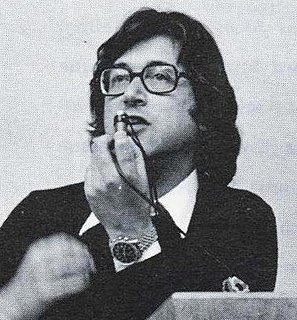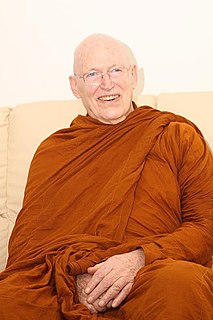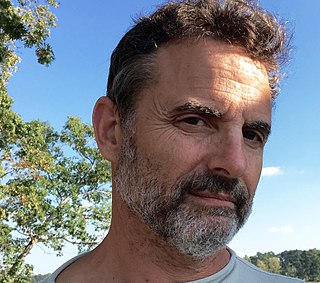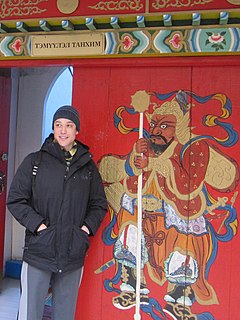A Quote by Michael Haneke
If I tell the audience what they should think, then I am robbing them of their own imagination and their own capacity of deciding what's important to them.
Related Quotes
We buy things. We wear them or put them on our walls, or sit on them, but anyone who wants to can take them away from us. Or break them.
...
Long after he's dead, someone else will own those stupid little boxes, and then someone after him, just as someone owned them before he did. But no one ever thinks of that: objects survive us and go on living. It's stupid to believe we own them. And it's sinful for them to be so important.
Had I to give advice to writers (and I do not think they need it, because everyone has to find out things for himself), I would tell them simply this; I would ask them to tamper as little as they can with their own work. I do not think tinkering does any good. The moment comes when one has found out what one can do - when one has found one's natural voice, one's rhythm. Then I do not think that slight emendations should prove useful.
How to avoid cliche at the root of conception? Practice sincerity. If we've come by ... material honestly, through our own personal experience or imagination, we may rightly claim it as our own. ... The way to make material your own is to look for it in yourself. ... It should be a story that only you can tell, as only you can tell it.
I don't understand choreographers who say they don't care about the audience or that they would be happy to present their works non-publicly. I think dance is a form of communication and the goal is to dialogue with the audience. If an audience member tells me they cried or that the dance moved them to think about their own journey or a family member's, then the work is successful.






































